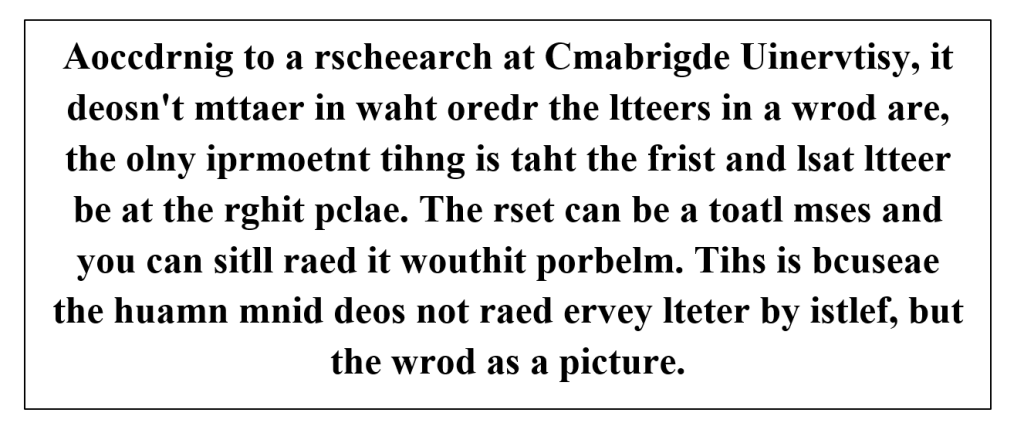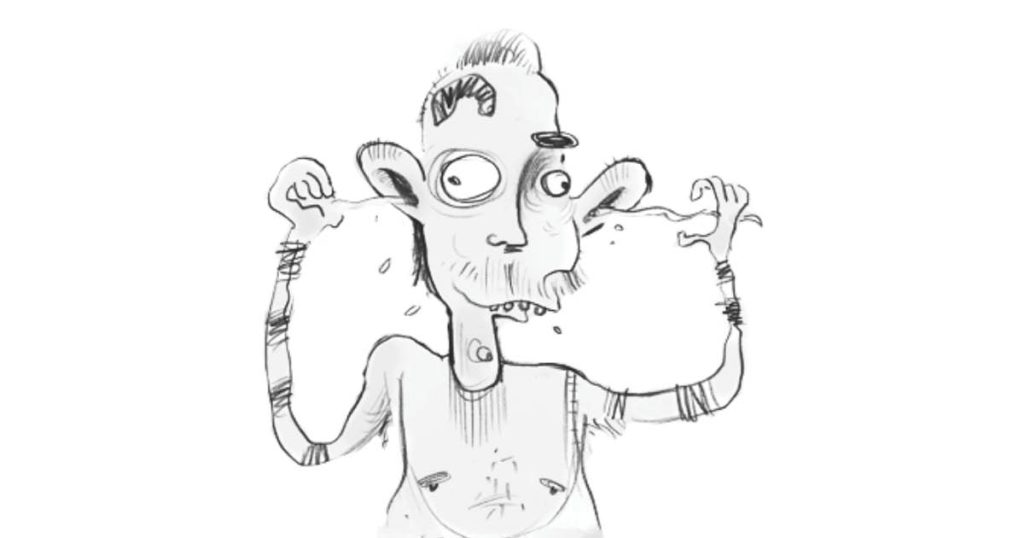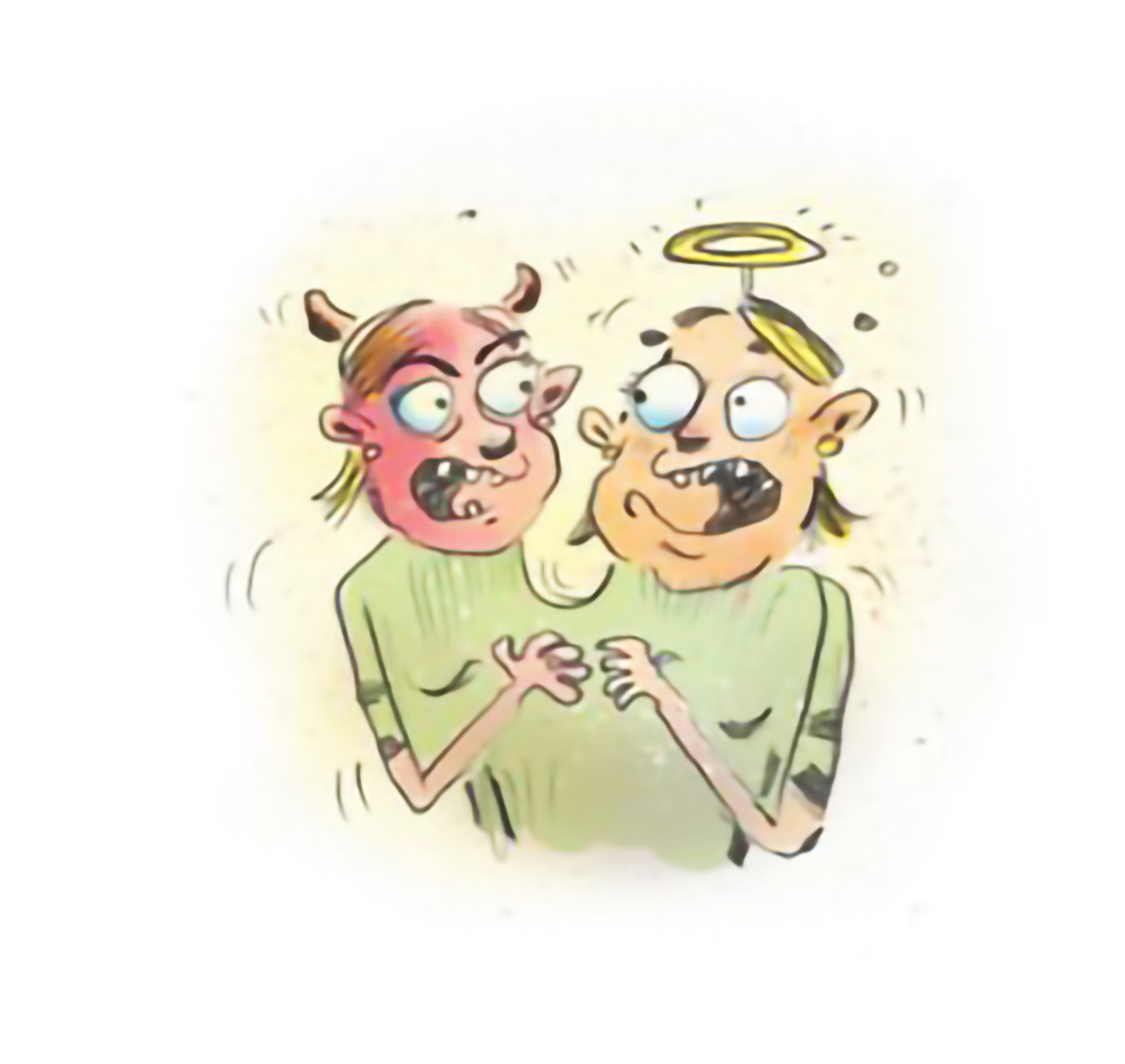As metaphors are used so frequently and thrown around so ubiquitously, there is an unfortunate tendency for us to think of them as artistic frippery. This couldn’t be further from the truth.
- “There’s method in my madness”
- “Vanish into thin air”
- “Wild goose chase”
- “Break the ice”
- “Wear your heart on your sleeve”
- “Heart of gold”
- “What dreams are made of”
- “Come full circle”
- “All that glitters is not gold”
- Send him packing”
- “Love is blind”
As you can see, metaphors are phrases that we use in our everyday modern life, which is quite astounding when you consider that all of the above flowed from the quill of Shakespeare and are over 400 years old! These metaphors are still with us and are widely used because metaphors have the ability to hold the most truth in the least amount of space. When it comes to delivering dense and often profound packages of meaning, metaphors work a treat. Just look at how advertising agencies use them to communicate clear messages instantaneously to their target audience.


The above examples showcase how perfectly metaphors paint a picture.
Take a look at Red Bull (gives you wings), Budwiser (the king of beers) and Chevrolet (the heartbeat of America), along with literally thousands of other successful campaigns to see how perfectly metaphors perform when it comes to telling a story or conveying an important message.
While it may still be unclear exactly how metaphors cause therapeutic change, there is a correlation that has been clearly established. Nailing down the precise mechanism is like trying to grab an eel in a bucket of slime, because different metaphors work in subtly different ways.
The effect that metaphors have on us can be proven in the text box below. It shows that the line between words and pictures is fluid. So fluid, that most of us read familiar words as pictures:

We all know that words can paint moving and powerful pictures, which is why we use the power of words to create what we call Metaphorical MindMovies. MindMovies are short audio files that combine tapestries of voices, music, and sound design to deliver key insights along with coping strategies for common psychological problems. MindMovies have been shared with hundreds of my patients with outstanding results. Patients have been incredibly enthusiastic about the power these soundscapes have to evoke intense emotions.
Anxiety, Depression and Acute Stress, being the most common psychological problems people face are addressed in our MindMovies. We have created Metaphorical MindMovies to address each one of these scenarios, and many more. In the case of Anxiety, we use the metaphor of a journey through a terrifying storm at sea. In the case of Depression, we use the metaphor of a struggle through a long, harsh personal winter. And in the case of the Acute Stress reaction caused by a conspiracy of negative circumstances, we use the metaphor of a brave individual, manning the fort (or womanning the fort) in the face of adversity. Trailers of these Metaphorical MindMovies are available on our website.
I am not suggesting that Metaphorical Therapy is necessarily a substitute for established modes of psychotherapy. It may in fact function best as a “delivery system” for virtually all types of therapy, so comparison is irrelevant. Thanks to my hands-on clinical experience, I know how well the System works both as therapy and as a tool for education. I emphatically agree with Dr Dennis Tay’s assertion that a nuanced metaphor is a powerful and indispensable tool that should be in every clinician’s toolbox.
Regardless of whether we are clinical psychologists, psychiatrists or patients, we are also all ordinary everyday people; And it is ordinary people that routinely use conceptual metaphors to make sense of our lives. For example…
“I was a wreck after we broke up.”
“I was drowning in guilt.”
“I was swamped by waves of anxiety.”
“From then on, it was all plain sailing.”
“I felt a bit at sea in my new job.”
Time for many of us, is a luxury, and when it comes to managing mental health and psychological conditions, acting proactively is key. Metaphors are an effective tool to quick results. The ability to fast-track treatment may be the single most important attribute of the Metaphorical Therapy System.

Moving onto the evidence-based research, in the context of psychology and psychiatry, traditional methods of psychology leave much to be desired. A point that was thoroughly addressed in “Evidence-based Psychological Interventions in the Treatment of Mental Disorders: A Literature Review.” Third Edition. Published by The Australian National Health and Medical Research Council.
I am acutely aware that as a doctor and a man of science I risk being seen to be disrespecting the tried and tested methodologies of our vulnerable learning institutions. I have no argument with double blind clinical trials and peer reviews. That I will close this argument for the efficacy of metaphors with research-based evidence notwithstanding, the fact remains, I am not alone in my view that clinical trials have significant limitations. These shortcomings are a nettle I feel compelled to grasp.
Providing proof takes time, lots of it. Consider how long it took for proof that smoking causes cancer to percolate through the system. How many lives could we have saved if we had intervened earlier? I am confident that we will, in time, see randomized controlled trials bear out the effectiveness and value of the Metaphorical Therapy System. But there is no reason to delay using the System to refine the art of clinical practice. Similarly, millions of ordinary people could be using the System right now to protect themselves from mental illness.
When treating psychological illnesses, the risk and rewards associated with using Metaphors will reveal the risk to be virtually non-existent. Metaphors have been used in a clinical context for decades. They have just never been linked together to create a complete system. I believe that the systematic use of metaphors in a clinical psychotherapeutic context will become established as accepted scientific theory in due course. I also believe that metaphors will transform the field of psychological education.
Naturally, I look forward to the Metaphorical Therapy System being proven by more than my own extensive experience. In the meantime, I am neither frustrated nor particularly impatient. Metaphorical Therapy is my life’s work and I know it works. What I first felt intuitively, I now regard as rock-solid practice-backed fact. Metaphorical Therapy is ready to go out into the world. Whether you are a practitioner or just a curious individual, once you have thoroughly acquainted yourself with Metaphorical Therapy, you will of course draw your own appropriately informed conclusions. If you are a clinician, I urge you to take Metaphorical Therapy for a test drive. I know you will be impressed with its performance and horsepower.
When it comes to our mental health in general, and the field of psychology in particular, we should inform ourselves from the widest possible spectrum of appropriate sources. Best practice, for both medicos and ordinary people, is achieved by drawing from all available sources of literature, lore and learning. The value of randomised controlled trials is beyond dispute, however in the context of psychology, randomised trials are not the only factor to consider.
According to the National Health and Medical Research Council (NHMRC) evidence is necessary but not sufficient in making recommendations for treatment. Assessing the evidence is one thing. Turning it into clinically useful recommendations and guidelines for treatment, is another thing entirely.
The debate about whether RCTs, on their own and in isolation, are able to adequately inform treatment guidelines for clinical practice is gathering momentum. Psychotherapeutic experience can’t be completely captured by traditional methods of research. This is just one of many reasons why the Australian Psychological Society has broadened its review of available literature to encompass a more comprehensive range of psychological interventions. Effective, evidence based psychological practice, depends on more than simply the adherence to exhaustively researched but often outdated intervention strategies.
The American Psychological Society goes so far as to say, “Evidence-based practice in psychology is the integration of the best available research with clinical expertise
in the context of patient characteristics, culture and preferences.” Until the hard evidence specific to metaphors arrives, I for one am quite happy to be guided by the truth I have observed over thirty years of face-to-face hands-on consulting.

For more than forty years, the effectiveness of guided imagery has been validated by research, demonstrating its positive impact on health, wellness, attitude, behavioural change and peak performance.
Guided imagery, as the name implies, is guided meditation that uses specific imagery to build-in the capacity to deliver multiple layers of complex, positive, healing, motivating messages. This is exactly what Metaphorical Therapy does with one major difference – Metaphorical Therapy adds a crucial layer in the treatment process by making all the imagery metaphorical. Just like guided imagery, the system allows the mind to utilise unconscious processes to assist with conscious goals. Both Metaphorical Therapy and guided imagery deliver positive messages and deliver key insights that are deeply embedded in our subconsciouss, where they can resonate over and over to drive continuous change.
In a nutshell, Metaphorical Therapy is guided imagery with the powerful overlay of metaphors that have been expertly chosen and tested over decades of clinical practise. The following insights have been acquired from the success of practising Metaphorical Therapy:
- Less than 10 minutes of hypnotic guided meditation can reduce stress, blood pressure, cholesterol and haemoglobin A1C levels in the blood.
- It can heighten short-term immune cell activity, and it can speed up healing from fractures and burns.
- It’s been shown to reduce blood loss during surgery and opioid use after it.
- Guided imagery lowers anxiety and pain.
- It increases athletic mastery at skiing, skating, shooting, golf and tennis; and skill and confidence at writing, acting, singing, test-taking and public speaking.
- It increases purposeful weight loss and smoking abstinence.
- And it has been proven invaluable during medical procedures like chemotherapy, radiotherapy, ventilator weaning, biopsy and dialysis.
- Regular use of guided imagery can heighten access to emotional depth, humour, responsiveness to music, spirituality, intuition, creativity, abstract thinking and empathy.
If guided imagery can do all this, imagine how much more can be achieved by adding the proven power of metaphors! The proof, as always, is in the pudding. Dig in!




